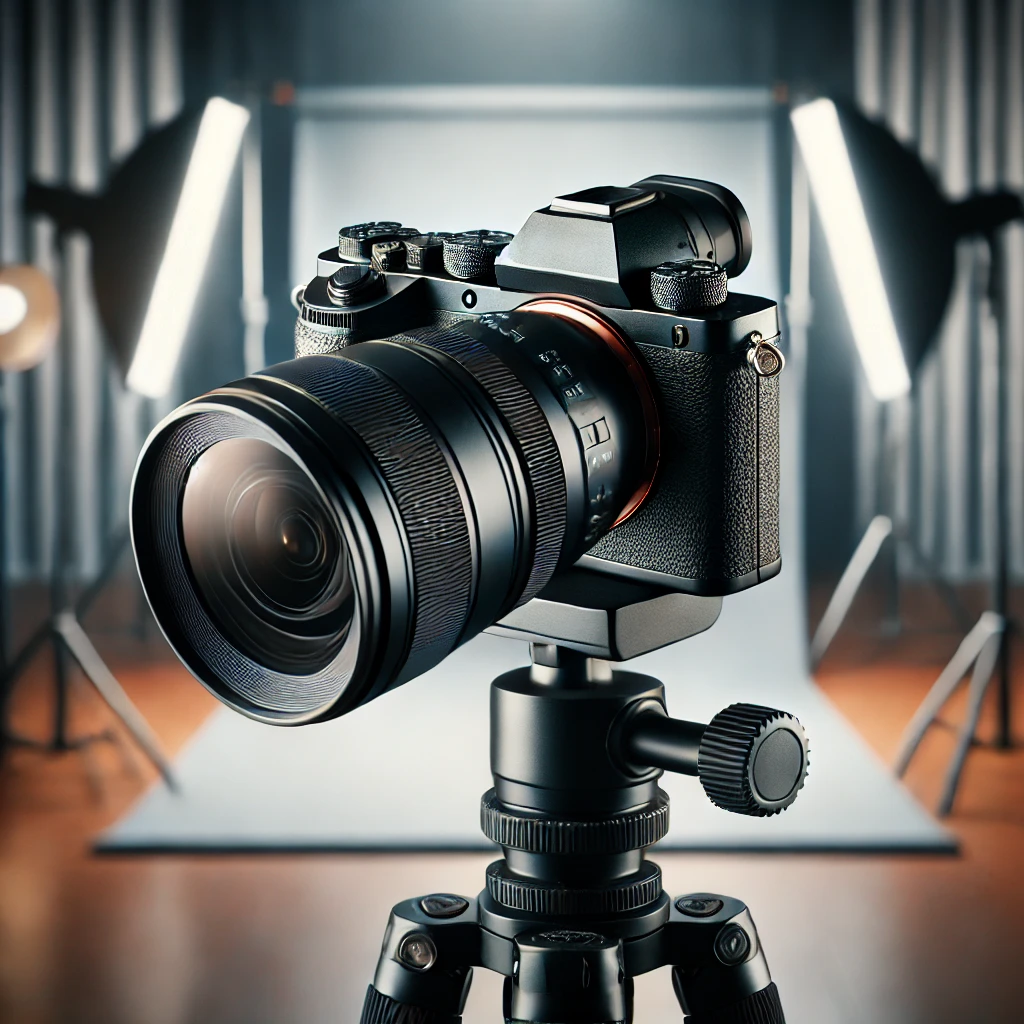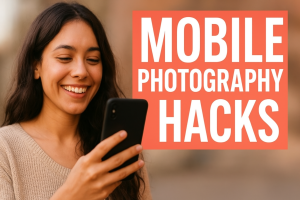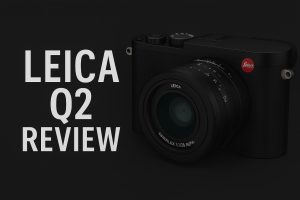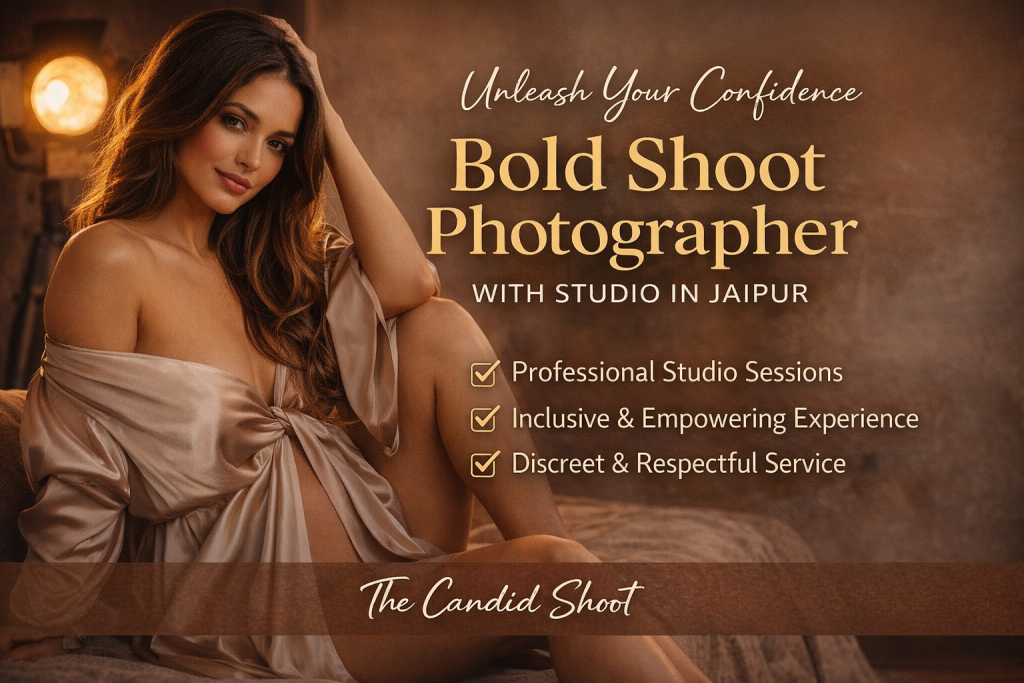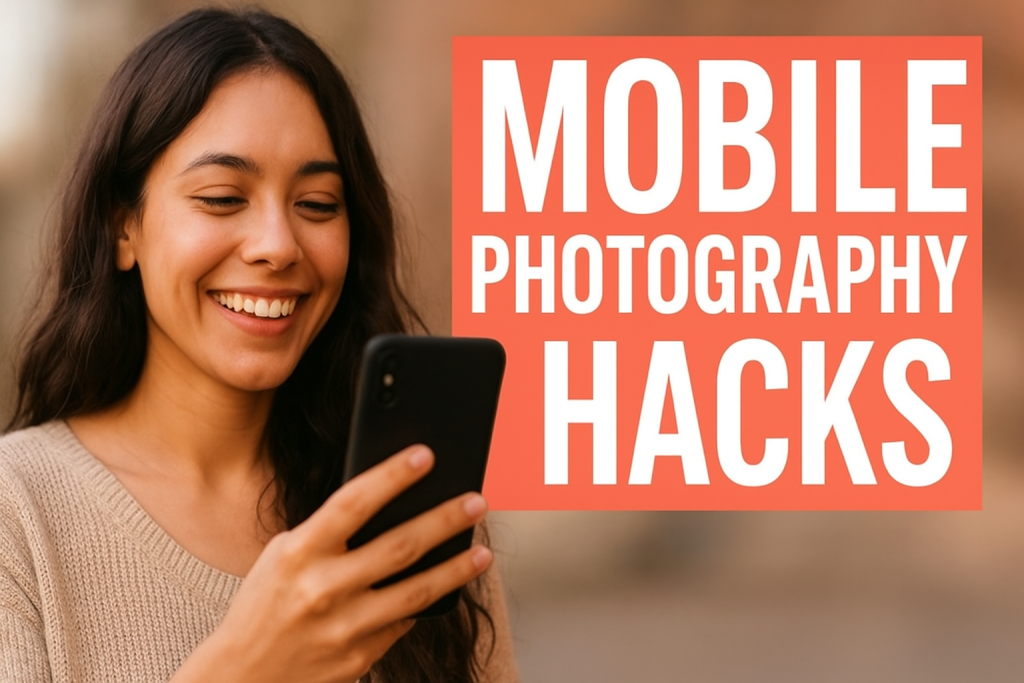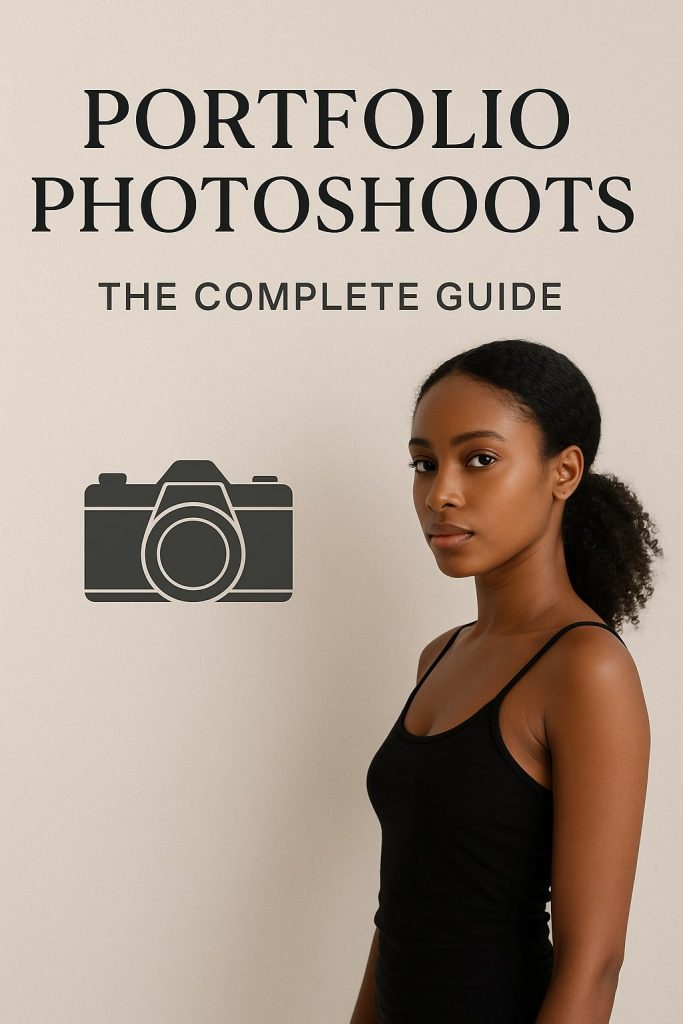Creating a productive studio space from the comfort of your home is no longer a luxury—it’s a necessity for many photographers, content creators, and online educators. With the rise of digital platforms and remote work, a Studio Setup at Home offers convenience, cost savings, and the freedom to create on your own terms.
This guide is your detailed, go-to manual for setting up a powerful yet affordable home studio with in-depth breakdowns of everything you need—from gear selection and space optimization to lighting and software. We’ll also answer the most common questions to eliminate the guesswork.
Table of Contents
- Introduction to Home Studio Culture
- Choosing the Ideal Space in Your Home
- Budget-Friendly Studio Gear Essentials
- Optimizing Lighting on a Budget
- Affordable and Aesthetic Backdrops
- Best Cameras and Smartphones for Home Studios
- Soundproofing Techniques That Work
- Organized and Ergonomic Desk Setup
- Power Supply and Cable Management Tips
- Essential Software for Studio Workflows
- Configurations for Photography vs Videography
- Smart Storage Solutions for Tight Spaces
- Aesthetic and Ambience Enhancements
- Mistakes to Avoid in Home Studio Setups
- Detailed Step-by-Step Studio Installation Guide
- Maintenance and Safety Tips
- How to Upgrade Over Time
- Expert Hacks from Professional Creators
- Final Checklist and Ready-to-Go Templates
- Conclusion + Contact Info
- Frequently Asked Questions (FAQs)
1. Introduction to Home Studio Culture
In today’s content-driven landscape, a dedicated studio setup at home is a transformative tool. It allows content creators to produce professional-quality work on a consistent basis without investing heavily in rentals or commuting to external locations.
Whether your niche is photography, YouTube, podcasting, or online coaching, a smartly designed home studio enhances creativity, streamlines workflow, and builds personal branding. You don’t need a big budget to get started—just clarity and this guide.
2. Choosing the Ideal Space in Your Home
Selecting the right location is step one. Here’s how to choose efficiently:
Factors to Consider:
- Lighting Access: A window with natural daylight can reduce lighting costs.
- Noise Levels: Choose the quietest room for cleaner audio.
- Size and Shape: Even 6×8 feet can work with proper setup.
- Walls and Surfaces: Neutral-colored walls and matte floors reduce unwanted reflections.
Room Options:
- Spare Bedroom: Offers privacy and enough space.
- Corner of Living Room: Use dividers for separation.
- Basement or Attic: Great for sound insulation.
3. Budget-Friendly Studio Gear Essentials
You don’t need expensive gear to start. Here are core essentials you can affordably gather:
Lighting:
- LED Panels (₹2,000–₹4,000): Adjustable brightness.
- Ring Light (₹1,200–₹2,500): Versatile and space-saving.
Camera Support:
- Sturdy Tripod (₹1,500–₹3,000): Necessary for steady shots.
- Phone Mounts: For mobile creators.
Audio:
- Lapel Mic (₹800–₹2,000): Crisp vocal clarity.
- Shotgun Mic: Reduces background noise.
Miscellaneous:
- Light Stands, Reflectors, and Backdrop Clips.
4. Optimizing Lighting on a Budget
Proper lighting can elevate your work significantly.
Types of Affordable Lights:
- Clamp Lamps (₹500 each): Add diffused bulbs.
- DIY Diffusers: Use baking paper or fabric to soften light.
Positioning Tips:
- Use a 45-degree angle for portraits.
- Place backlight to add depth.
5. Affordable and Aesthetic Backdrops
Backdrops influence the mood of your visuals. Try:
Low-Budget Options:
- Bedsheets (solid colors)
- Wrinkle-free polyester backdrops (₹1,000–₹2,000)
- Vinyl backgrounds for product shots
Setup Tips:
- Use hooks or curtain rods.
- Clamp fabric tight to remove creases.
6. Best Cameras and Smartphones for Home Studios
You can get professional results without breaking the bank.
Cameras:
- Canon EOS 1500D – Ideal DSLR starter.
- Sony ZV-E10 – Best for video-focused creators.
Smartphones:
- iPhone 13/14, Google Pixel, or Samsung S22+ with a gimbal for stabilization.
7. Soundproofing Techniques That Work
Quality sound matters more than most realize.
DIY Soundproofing:
- Stick foam panels (₹400 per pack)
- Install thick blackout curtains
- Lay a rug to absorb floor noise
8. Organized and Ergonomic Desk Setup
Your editing station must boost productivity.
Key Components:
- Height-adjustable desk or riser
- Ergonomic chair with lumbar support
- Monitor mount to save space
Use drawer organizers for gear and label everything.
9. Power Supply and Cable Management Tips
Clutter can ruin efficiency and safety.
Essentials:
- Extension cords with surge protection
- Cable sleeves and Velcro ties
- Labels on plugs to avoid confusion
10. Essential Software for Studio Workflows
Editing Tools:
- Lightroom or Snapseed – For photos
- Premiere Pro or DaVinci Resolve – For video
- Audacity – Free audio editing
Cloud storage services like Google Drive ensure backup and access anywhere.
11. Configurations for Photography vs Videography
For Photography:
- Prioritize flash or strobe lighting
- Use seamless paper backdrops
- Manual focus settings
For Video:
- Continuous lighting preferred
- Incorporate props for depth
- Use external mics
12. Smart Storage Solutions for Tight Spaces
Avoid clutter with these ideas:
- Under-desk rolling drawers
- Foldable shelves
- Wall-mounted bins or pegboards
13. Aesthetic and Ambience Enhancements
A visually pleasant studio inspires better content.
Creative Touches:
- LED strip lights
- Faux plants
- Acoustic foam in patterns for design and sound
14. Mistakes to Avoid in Home Studio Setups
- Don’t buy all gear at once—test and scale.
- Avoid mixing warm and cool lighting.
- Don’t ignore proper ventilation.
- Never block power points with furniture.
15. Detailed Step-by-Step Studio Installation Guide
- Clear out the space.
- Sketch the layout.
- Mount lights and backdrop holders.
- Set up desk and camera station.
- Connect power and organize cables.
- Run trial shots and refine.
16. Maintenance and Safety Tips
- Regularly clean lenses and lights
- Test all power cords
- Keep silica gel near electronics
- Inspect mounts and joints monthly
17. How to Upgrade Over Time
Add gear as you grow:
- Monitor calibration tools
- Green screens for video variety
- Multiple camera angles
- Audio interface for podcasting
18. Expert Hacks from Professional Creators
Tips:
- Batch shoot content to save setup time.
- Use voice control apps to trigger cameras.
- Velcro frequently-used accessories for fast access.
19. Final Checklist and Ready-to-Go Templates
20. Conclusion + Contact Info
Your ideal studio setup at home is not about spending a fortune—it’s about creating a space that inspires your workflow and reflects your creative identity. With this guide, you now have the blueprint to build, grow, and evolve your own studio.
Need help with home studio consulting or photography training? Reach out to [email protected] for personalized support.
21. Frequently Asked Questions (FAQs)
Q1: What’s the most affordable way to build a studio setup at home?
A: Start with basics: a ring light, phone tripod, lapel mic, and fabric backdrop. Add gear gradually.
Q2: Can I use my phone instead of a DSLR?
A: Yes. With proper lighting and editing apps, modern smartphones produce studio-quality content.
Q3: How do I manage background noise in my room?
A: Use foam panels, heavy curtains, rugs, and avoid rooms with echoes.
Q4: How much space do I need for a basic home studio?
A: A 6×8 ft area can be enough for solo content creation, especially with vertical space planning.
Q5: What’s the ideal lighting setup for home photography?
A: A 3-point lighting system (key, fill, backlight) works best. Start with one soft light and expand.
Q6: Do I need an expensive desk or chair?
A: Comfort and posture matter more than cost. A good chair and a stable desk with adjustable height are ideal.
📅 Book Your Photography in Jaipur Today
Whether you’re celebrating a personal milestone, growing your brand, or just want timeless memories, trust The Candid Shoot for professional photography in Jaipur with Most Popular Cameras that exceeds expectations.
📞 Call | 📱 WhatsApp | 📩 Inquiry Form
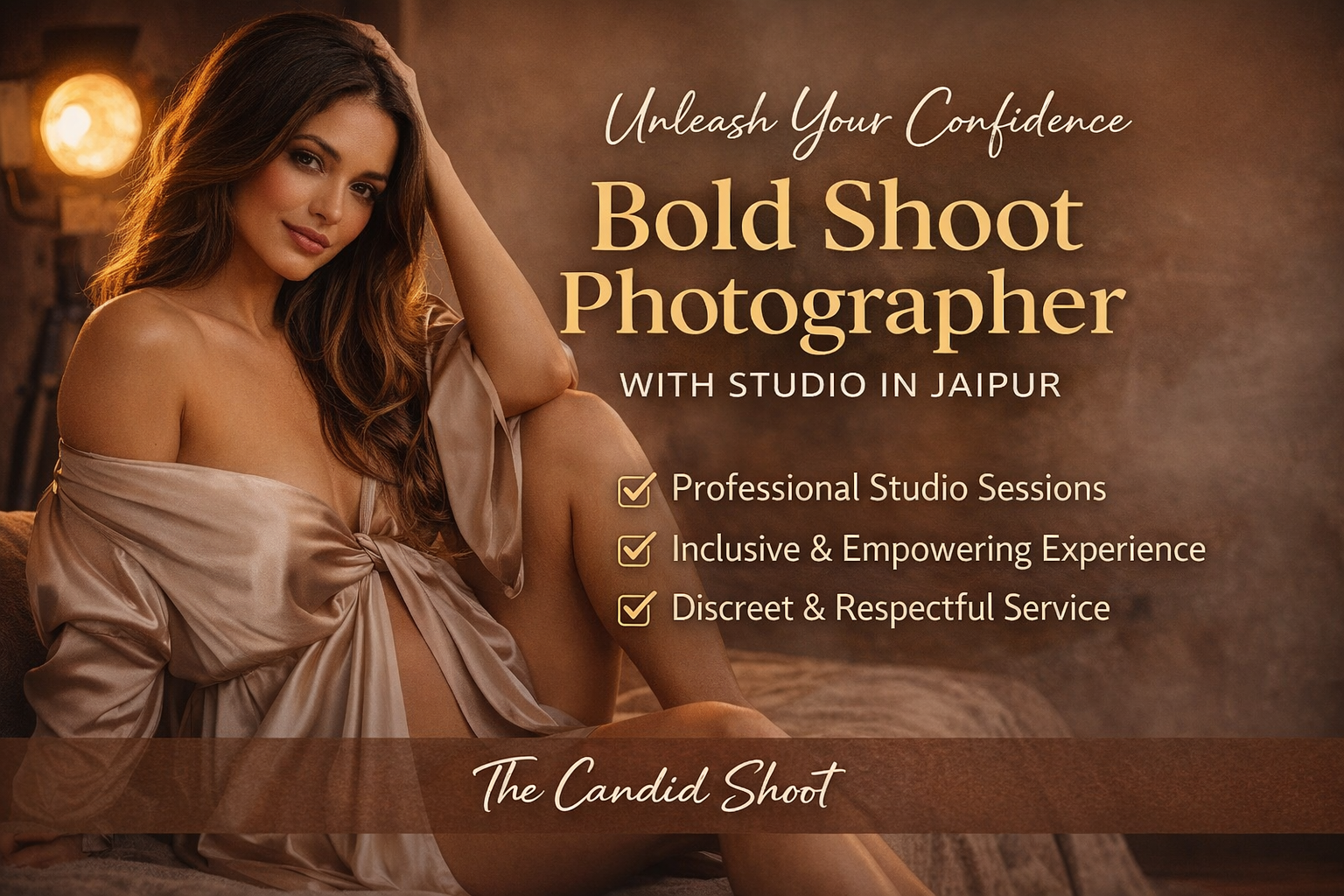
Bold Shoot Photographer with Studio in Jaipur | The Candid Shoot

Styling Tips for Maternity Shoots: Looking Timeless, and Confident
-
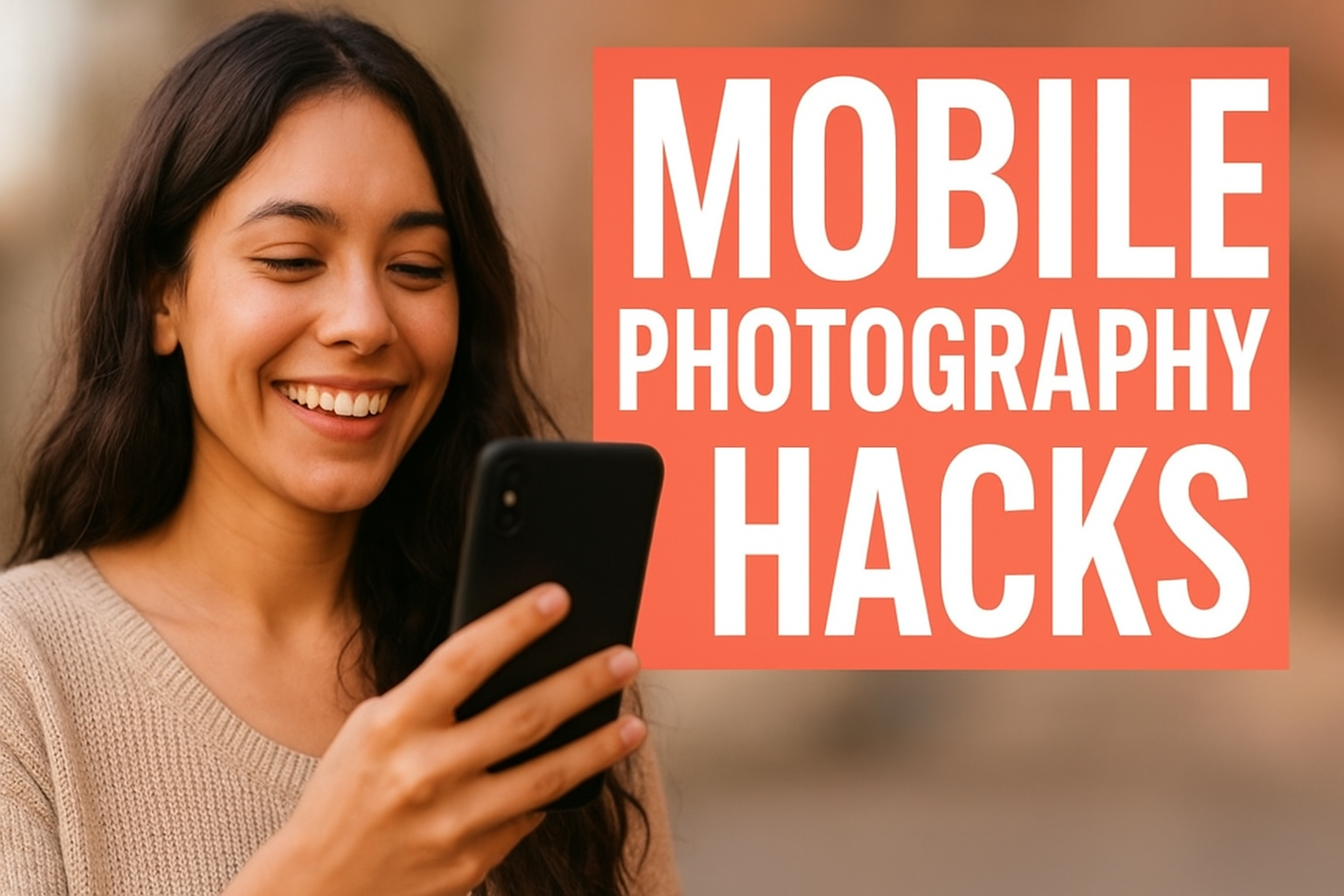
Mobile Photography Hacks: Candid Moments with Your Phone
-
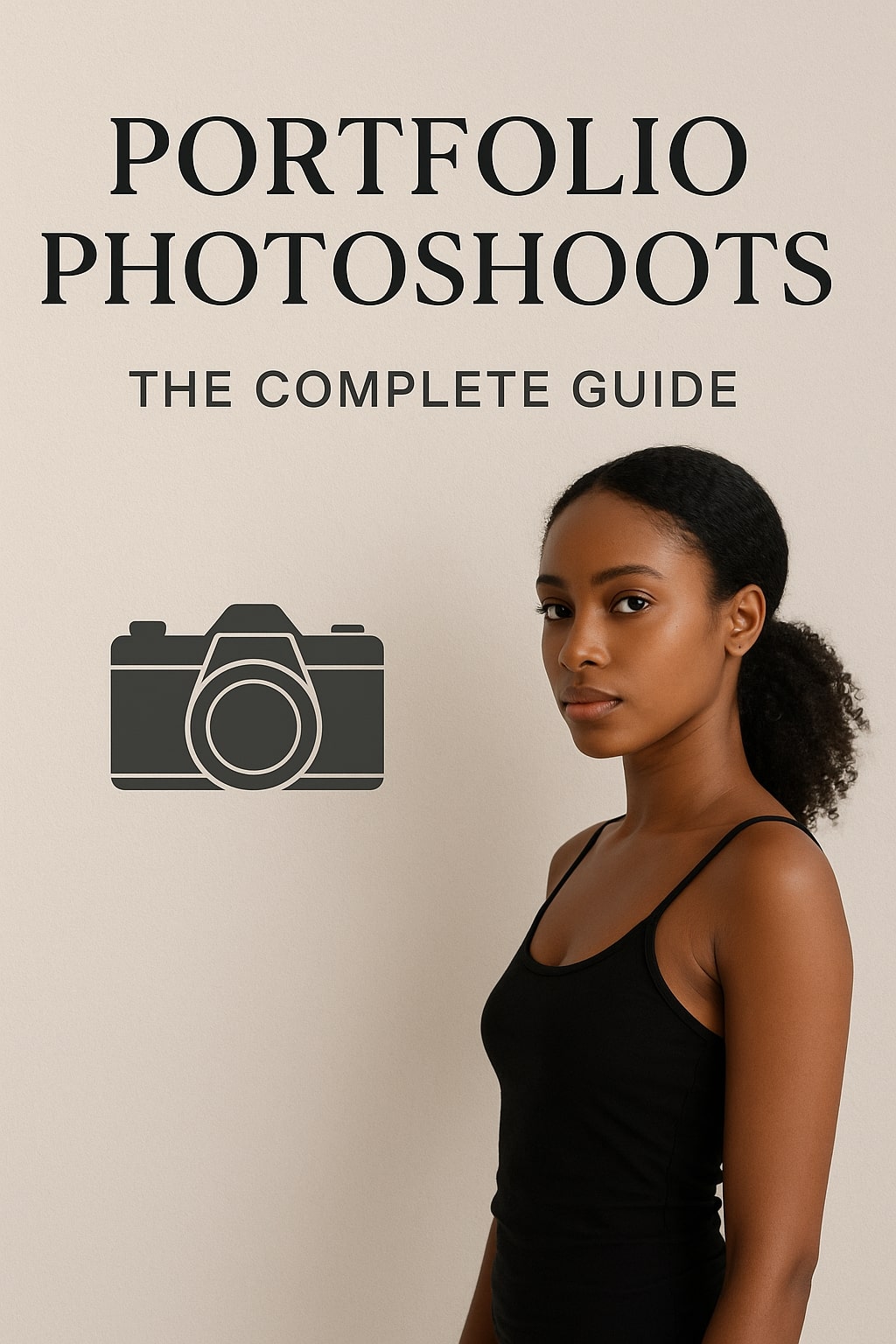
Professional Model & Portfolio Photoshoots: Show Your Best Work
Bold Shoot Photographer with Studio in Jaipur | The Candid Shoot
The phrase “bold shoot photographer” often triggers assumptions—many of them incomplete, outdated, or shaped by stereotypes. In reality, bold photography has evolved far beyond shock value or surface-level aesthetics. Today, bold shoots represent self-expression, body confidence, emotional honesty, and artistic courage. At The Candid Shoot, bold photography is not about exposure—it is about expression. It
Styling Tips for Maternity Shoots: Looking Timeless, and Confident
Styling as the Silent Storyteller in Maternity Shoots Maternity shoots are not simply about documenting pregnancy. They are about honoring a season of transformation—physical, emotional, relational, and often spiritual. Styling plays a foundational role in how that transformation appears, feels, and endures through photographs. When people look back at maternity photographs years later, they rarely
Mobile Photography Hacks: Candid Moments with Your Phone
Discover high-impact mobile photography hacks to capture genuine, gorgeous candid moments with your phone. Learn practical tips, composition secrets, and pro techniques to turn everyday scenes into stunning visual stories. Introduction: The New Age of Mobile Photography Photography has evolved beyond heavy cameras, technical jargon, and expensive equipment. Today, the power to capture extraordinary moments
Professional Model & Portfolio Photoshoots: Show Your Best Work
” Discover how to plan, style, and execute stunning portfolio photoshoots that showcase your skills, personality, and versatility. This comprehensive guide covers professional tips, posing ideas, gear suggestions, and industry insights for models and photographers.” Introduction – Why Portfolio Photoshoots Are the Cornerstone of a Photographer’s Career A well-crafted portfolio photoshoot is more than a
Street Photography Tips, Effects & Poses – Complete Guide
Discover the ultimate guide to Street Photography with expert tips, creative effects, and dynamic poses. Learn how to capture authentic urban moments, master composition, and tell powerful visual stories through your lens. Article Outline 1. Introduction to Street Photography Street Photography is more than just taking pictures of people in public spaces — it’s about
Leica Q2 for Photography: Why It’s Loved by Photographers
Introduction: The Cult Status of the Leica Q2 The Leica Q2 is not just a camera—it’s a statement. Combining the heritage of German precision engineering with modern digital excellence, it holds a special place in the hearts of professional and passionate photographers alike. With its full-frame sensor, prime Summilux lens, and minimalist design, the Q2
